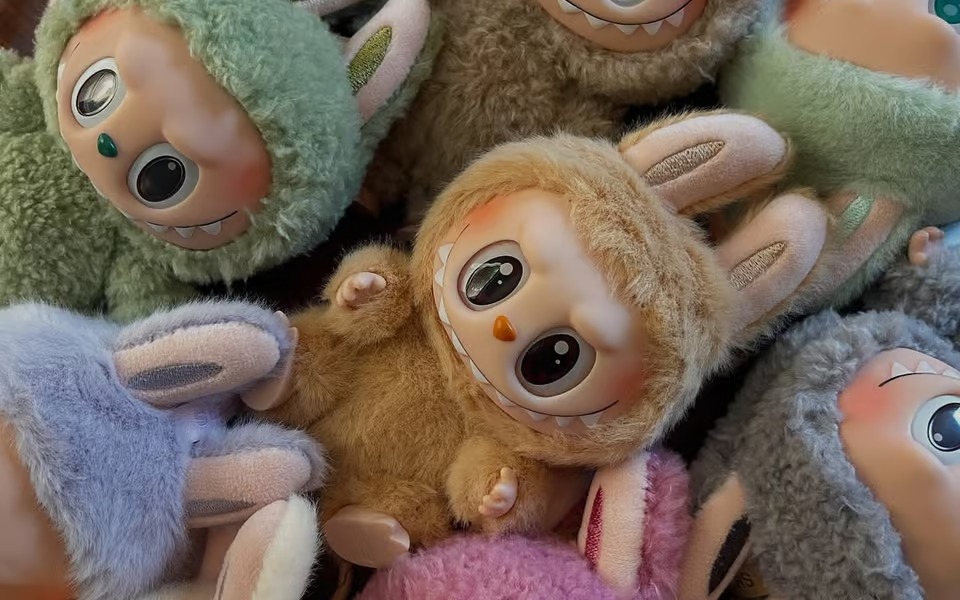
Why the LaBubu Toy Craze Is Compared to Gambling—and Even Banned in Some Countries
Do you know that the laBubu on your bag is compared to gambling? Place your favorite bet 22casino and find out why.
In recent years, the LaBubu toy has sparked heated debates. On one hand, these are cute collectible figurines that appeal to both children and adults. On the other, people increasingly compare them to gambling, and in some countries they’ve even been banned. Let’s take a closer look at why this happened.
The “Cat in the Bag” Effect
The main feature of LaBubu is the mystery: buyers don’t know which figurine they’re getting. Every box looks identical, but inside could be any toy from the series. This format is called a “blind box.” Collectors buy them hoping to score a rare figurine, but most of the time they end up with a common one.
This creates the same psychological trigger as gambling. People think, “Maybe I’ll get lucky next time.” As a result, they go back for another box—and then another. Some collectors buy dozens of them just to complete the full set.
The Psychology of Chance
It works a lot like slot machines: the outcome is always random, but the hope of winning keeps players hooked. Psychologists call this the “variable reward effect.” Our brains actually enjoy the surprise factor, and that’s what makes us keep trying again and again.
What makes this riskier is that kids and teens are the ones most drawn in. They don’t yet have strong self-control when it comes to money or impulses, which makes them more vulnerable to forming addictive habits. What starts as harmless fun can quickly turn into a risky obsession.
Money and Rarity
The financial side can’t be ignored either. While regular figurines are relatively cheap, rare editions can reach shocking prices on the resale market. This fuels even more excitement—people aren’t just chasing the thrill of collecting, but also the chance to make money.
There are real cases online where a rare LaBubu sold for amounts equal to a month’s salary. For many, collecting becomes less of a hobby and more of a lottery with real financial stakes.
Why Some Countries Banned Them
Some governments decided these toys resemble gambling too closely. After all, a child is essentially taking part in a “lottery”: they pay money and get a random result. In China, for example, there have been discussions about regulating blind-box products. Other countries have gone further, restricting or outright banning their sale.
Officials explain that this is about protecting children. If kids get used to gambling-style mechanics at a young age, they may be more likely to fall into real gambling—like casinos, sports betting, or online slots—later in life.
What Parents Think
Opinions are split. Some parents see LaBubu as nothing more than harmless fun. Others argue that blind boxes encourage dangerous habits. A few even compare them to cigarettes or alcohol: seemingly small things that can lead to serious consequences.
The Bottom Line
At first glance, LaBubu looks like an innocent toy. But behind it lies a system that strongly resembles gambling. The mix of randomness, the thrill of chasing rare finds, and the chance of striking it rich make it both exciting and potentially harmful. That’s why several countries decided to restrict or ban these products.
So the big question remains: is LaBubu just a toy—or a “mini casino in a box”? The answer depends on how we see it, and how much control we (and our kids) can maintain over the obsession.

“Incurable web evangelist. Hipster-friendly gamer. Award-winning entrepreneur. Falls down a lot.”
